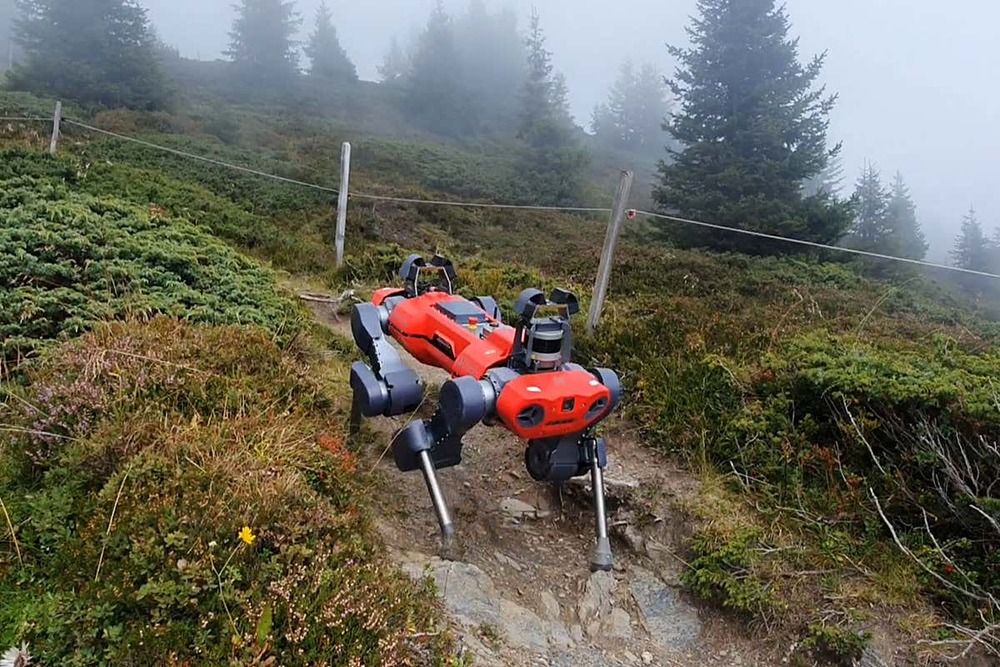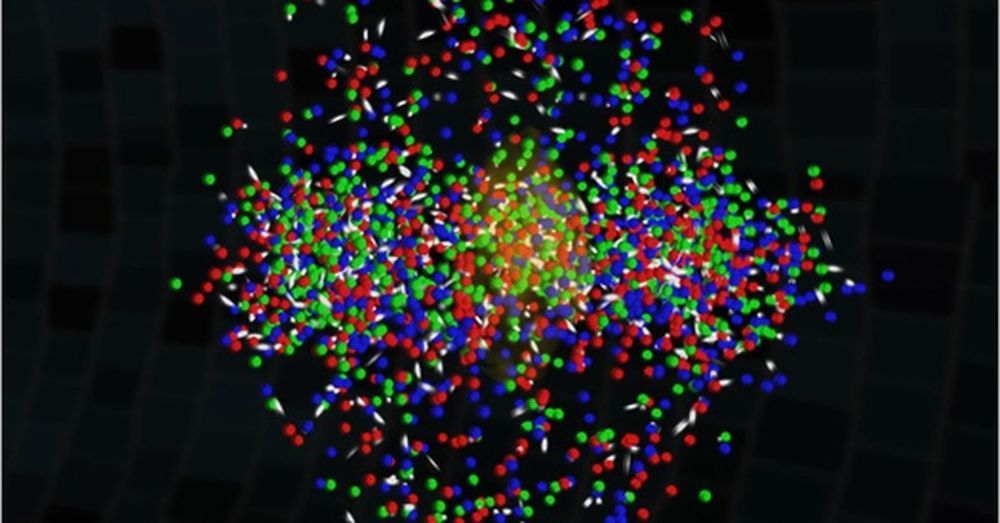The hugely expensive TV will go on sale in select premium electronics stores throughout South Korea.






Boston Dynamics has reportedly already sold more than 250 of its $75,000 Spot robots since starting commercial sales back in June. Interested and deep-pocketed parties can purchase one directly from the company’s website as well as a host of accessories, from $1,650 charging bricks to $34,570 lidar and camera kits. But one add-on which we’ve seen Spot with since some of its earliest demo videos was the prehensile arm sprouting from between its shoulder blades. But come next January, Spots around the world are going to get a whole lot more handsy.
“The next thing on the future Spot is that we’re going to make it available with a robot arm in a few months,” Boston Dynamics founder Marc Raibert told the virtual crowd at the Collision from Home conference in June. “We have prototypes working, but we don’t have them available as a product yet. Once you have an arm on a robot, it becomes a mobile manipulation system. It really opens up just vast horizons on things robots can do. I believe that the mobility of the robot will contribute to the dexterity of the robot in ways that we just don’t get with current fixed factory automation.”
Circa 2016
Never let anyone crush your dreams. Last week the results of a University of Cambridge study spread through the news, claiming that the dream of Spider-Man-like abilities for humans is simply impossible. By their reasoning, sticky pads need to scale up in order to support increased weight, and as a result, the size of a gecko is about as big as a vertical climber can be. The only problem? An engineer at Stanford showed off a way around that problem back in 2014. Now Elliot Hawkes has dropped a diss track on YouTube firing shots at Cambridge and Stephen Colbert, showing off his climbing skills thanks to a “Gecko Glove.”

If you’re reading this out of morbid curiosity because spiders freak you out, consider that most spiders you see are average-sized, relatively banal arachnids. What would do if you ran into the most massive spider in the world? If you ever find yourself in that position, you can take solace in the fact that it probably won’t attack you. Believe it or not, despite its size, the Goliath birdeater is just another spider trying to make its way in the world. If you know a few amazing Goliath birdeater facts, you might even have a bit of fondness for these mammoth web-spinners.
Being the biggest spider in the world comes with perks. Being bigger than the average human hand means you can take on large prey (it is, after all, called the birdeater, athough that’s a bit of a misnomer), and not many animals will want to fight you. However, the Goliath birdeater isn’t as deadly as some of its smaller brethren, who pack so much poison they could kill a horse with a few nibbles. Curious about spiders? Terrified of arachnids? Stoned and trawling the Internet? Regardless of why you’re here, you’ll find some dank, juicy morsels about the largest spider species in the world.

Circa 2010
Until the LHC finally gets up to full speed, Brookhaven National Lab’s Relativistic Heavy Ion Collider (RHIC) remains the world’s most powerful heavy ion smasher. And on Monday, they showed off some of that power by announcing that a recent collision resulted in the hottest matter ever recorded. Coming in at a scorching 7.2 trillion degrees Fahrenheit, the plasma not only recreated the environment of the Big Bang, but might have also resulted in the temporary formation of a bubble within which some normal laws of physics did not apply.

Restaurant owners say they have grown accustomed this year to constantly reinventing themselves to survive. Getting around Mother Nature as the U.S. heads toward winter may be their biggest challenge yet.
Sales from outdoor dining, reduced indoor dining, delivery, and takeout haven’t equaled what most restaurants expected to earn this year before the pandemic upended public life, some owners say. Adding heaters and other fixtures to draw diners to outdoor tables as the weather cools adds to the costs of sustaining a modest revenue stream.
But determined restaurant operators say they have no other choice. They say running at a loss while they have funds to do so—in the hope that the threat of the virus abates—is better than the challenges they would face after closing temporarily, such as finding reliable staff.